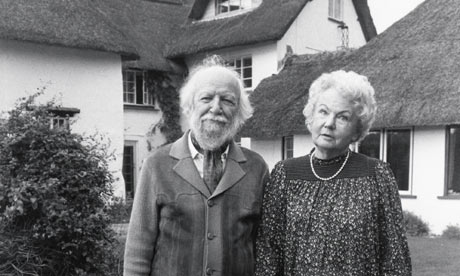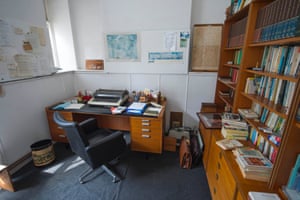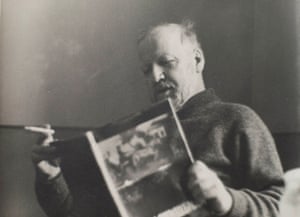Spurred on by this thread, and a couple of visits to Salisbury where Golding taught, I duly went and bought The Spire.
The story is very loosely based on Salisbury itself, in that it revolves around erecting a 400ft spire onto a cathedral which was conceived and built without one, and the foundations of which are wholly inadequate for the weight, with the whole cathedral effectively "floating" above a gravel base. The street names and layout are those of Salisbury, and reference is made to local places and geography, yet nowhere in the novel is it actually named, presumably to distance it a little from the original, and to prevent anyone niggling at historical inaccuracies.
Although the novel concerns the spire, it's actually a story of obsession by a man who feels he's been appointed by God to carry out a divine task, and the costs that arise to him and those under him in making it happen. It takes over the dean's life so he neglects his duties, and precipitates him into a kind of insanity, especially when he understands the price others have paid, only for him to realise that what he thought was God's intervention and an angel's support was in fact the result of immorality and jesting on the one hand, and disease on the other. The men who build the spire are base -- drunkards, fornicators, blasphemers and worse -- and the townsfolk, for whom the spire should be an uplifting image bringing them closer to God, are still in thrall to paganism. His life's work, it appears, has been for nothing, and at the end when a terrible storm shakes the spire, and when his mind is nearly gone, virtually all he can say is "Has it fallen yet?"
The writing isn't always easy, though it has some wonderful lines and imagery. Though not stream-of-consciousness at the beginning, it creeps towards it then into it as the dean's mental breakdown accelerates, with Golding occasionally moving from the third person past tense, in which it's mainly written, into first person present tense without warning (ie no quotation marks or italics). I had to read a good many paragraphs at least twice in order to work out what was going on and being a pragmatist myself, I wasn't so taken with parts of it which had a rather metaphysical bent to them.
Overall an interesting read, and absorbing, but despite evidence of sexual and other passion, somewhat cold and cerebral, and I suspect I've not got as much out of it as others would.
For those interested, Salisbury's spire is indeed 404ft high, and since 1549, when Lincoln's collapsed, has been the tallest in England. It's thought it was severely damaged not long after it was built in 1300-1320, and there is still in situ the medieval internal scaffolding which was erected to carry out the repairs at that time. As in the novel, the pillars at the crossing have been bent inwards by the weight and stresses from the tower and spire, and over the centuries numerous interventions have been required to stop the whole thing falling down (something which happened at Chichester as recently as 1861).







